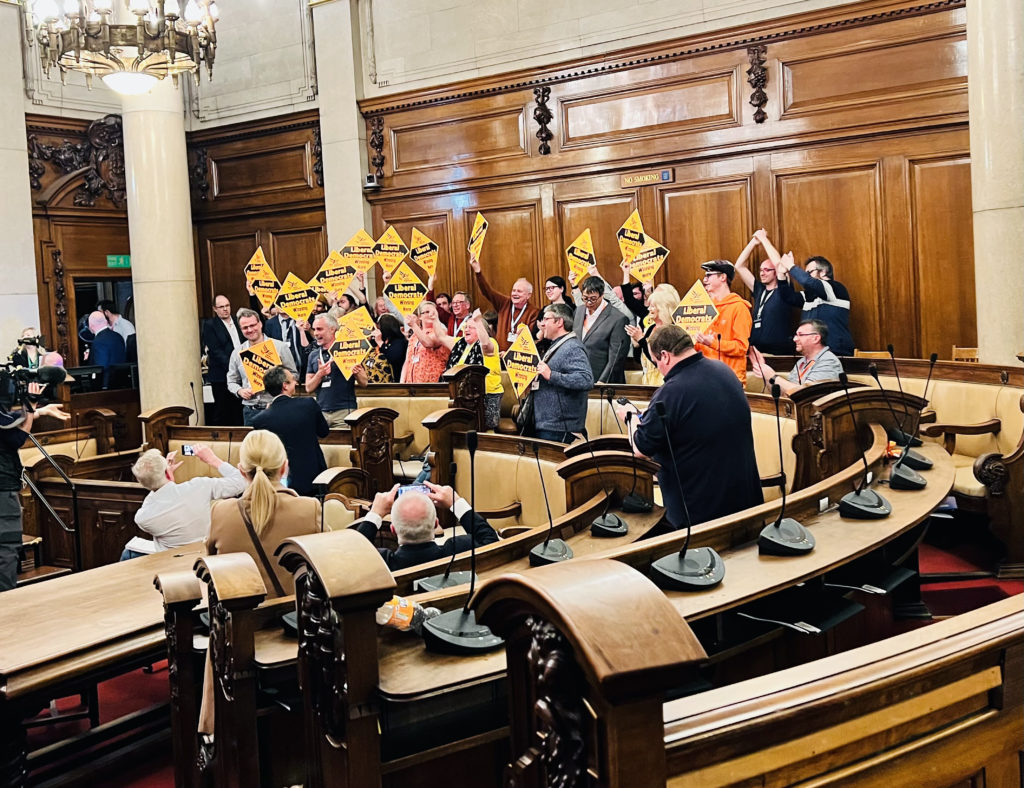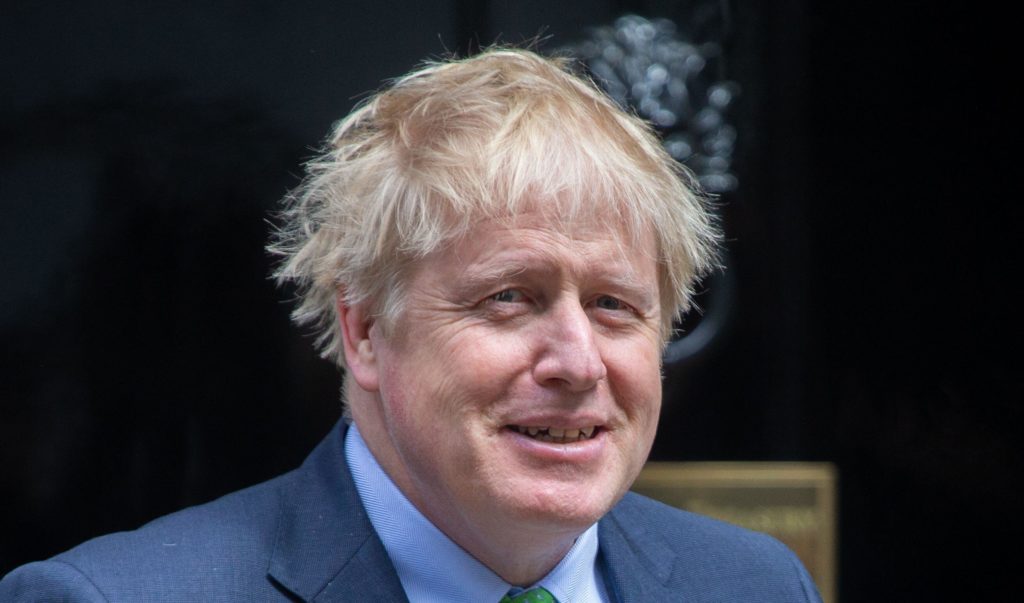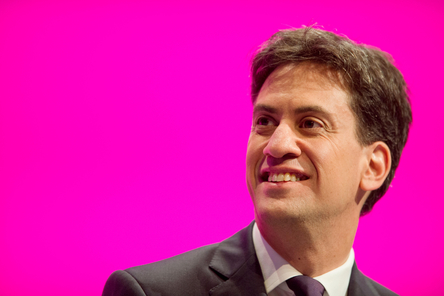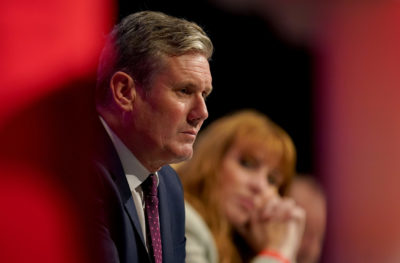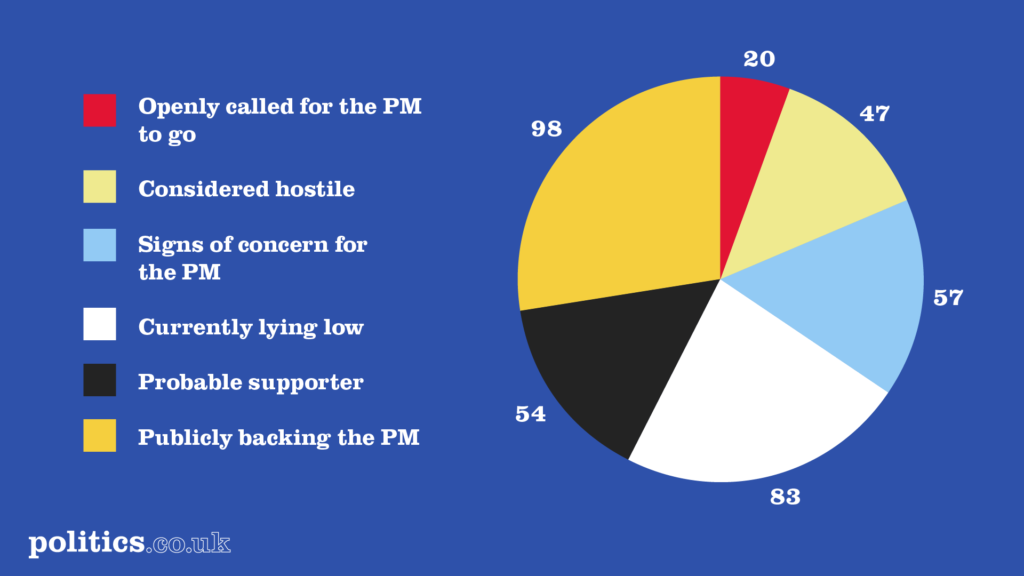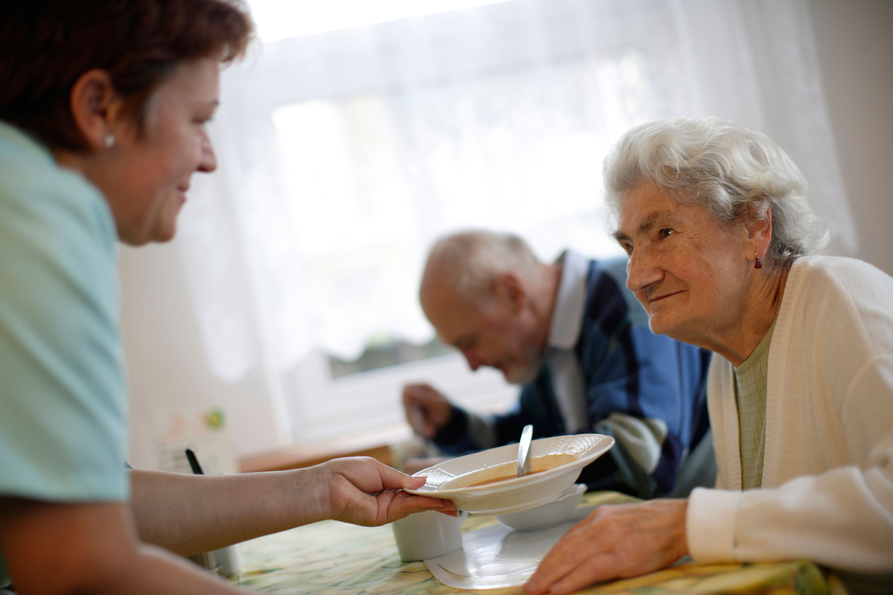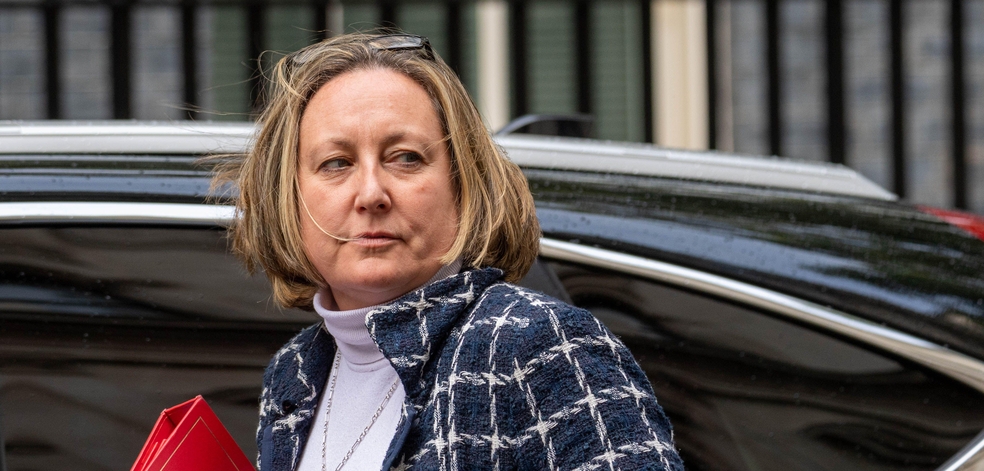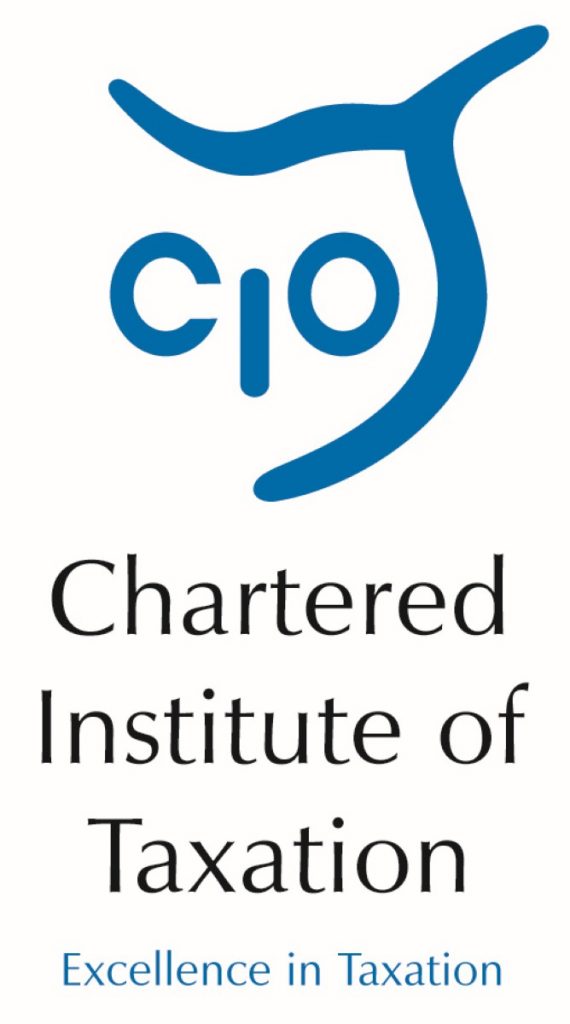Overview
served as of the of and from 2010 to 2016.
He led ‘s first for 70 years and, following the 2015 , formed the first majority for over two decades.

Following the 2010 and the resulting Hung Parliament, entered into negotiations with Nick Clegg’s Liberal Democrats. A formal resulted, with as and Clegg as Deputy .
The was marked by the ongoing effects of the financial crisis; responding with austerity policies designed to rebalance the nation’s finances. In his premiership, also enforced stricter immigration policies, oversaw the 2012 Olympics, privatised Royal Mail and legalised same-sex marriage in England and Wales.
In 2011, held a on replacing First-Past-the-Post (FPTP) with the ‘Alternative ‘ (AV) – a product of the coalition agreements. backed FPTP while Clegg supported the switch to AV. ‘s side of the argument won decisively.
In 2014, announced the holding of another on Scottish Independence. Again, backed the ‘No’ argument. And, again, he won.
‘s Conservatives secured a majority in the 2015 and he continued in Downing Street. To fulfil a manifesto pledge, announced a on the UK’s membership of the European Union to be held in 2016.
supported continued membership, but this time his winning run in referendums came to an end. resigned as PM the morning after the Brexit result was announced.
What is doing now?
David Cameron stood down as a Member of Parliament in 2016 very soon after resigning as Prime Minister. initially maintained a low-profile after leaving Downing Street and during the subsequent Brexit negotiations.
While stating that he did not regret calling the 2016 , he has told The Times it had left him ‘hugely depressed’ and understands that ‘some people will never forgive me’.
In 2016, became Chairman of Patrons at (NCS), a youth development programme. He is also President of .
Further to these roles, advised a number of international businesses – concentrating on innovative technology-driven sectors, including Fin-Tech, Medi-Tech and Artificial Intelligence.
In March 2021, it was revealed that was employed by Greensill Capital, a firm that has subsequently collapsed. It was reported that sent several texts to Rishi Sunak and held a number of virtual meetings with permanent secretaries in Whitehall to try and secure coronavirus support payments for Greensill.
Cameron, who following the 2009 controversy around MPs expense claims, had mused that lobbying would be the next big political scandal, was now himself in a lobbying furore.
Political career
was first elected the for the rural constituency of Witney in in 2001. From 2001-2003, was a member of the influential House of Commons Home Affairs Select Committee. He then occupied a number of shadow Cabinet jobs. After the 2005 , he was appointed Shadow Secretary of State for Education and Skills.
When Michael Howard announced his resignation as leader of the following ‘s third consecutive victory in 2005, declared his candidacy in the subsequent leadership . Some of his high-profile supporters included Boris Johnson, George Osbourne, Michael Ancram, Oliver Letwin and former William Hague.
beat David Davis to claim the ‘s leadership. He then worked to modernise the , setting it on its path to .
Before
was born on 9th October 1966. He was educated at Eton College and Brasenose College at Oxford University.
Before becoming an MP, worked as a in , first to the of the Exchequer Norman Lamont and then to the Home Secretary Michael Howard. Afterwards he spent several years at Carlton Communications, one of the UK’s leading media companies, and served on the management Board.
Personal life
and his wife, Samantha, have three children: Nancy, Elwen, and Florence. In 2009, their eldest child, Ivan, who suffered with a combination of cerebral palsy and a form of severe epilepsy called Ohtahara Syndrome, died aged six.
Contact details
Twitter – @David_Cameron
Facebook – https://www.facebook.com/DavidCameronOfficial?fref=ts

